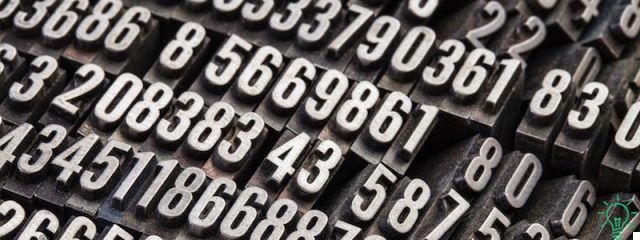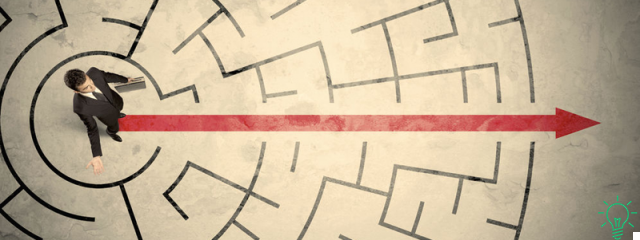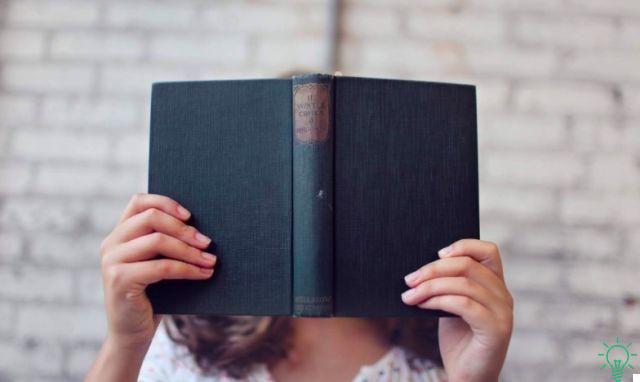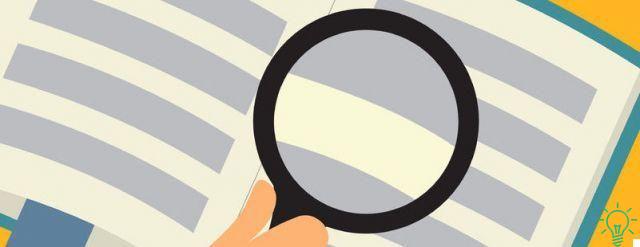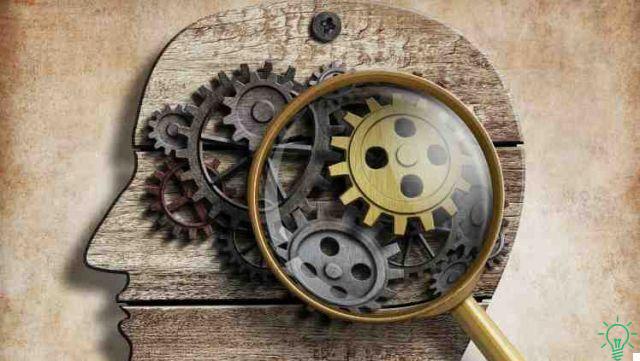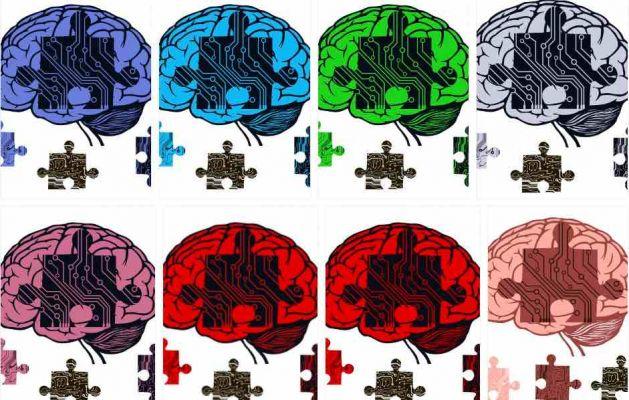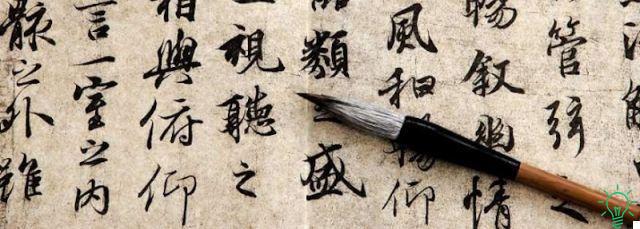
This question on the use of loci is one of the most frequent of those that are sent to me by readers to my email address. And here a premise is necessary:
I love receiving your emails!
Write to me, without calling me her, and without apologizing for the "inconvenience". On the contrary. Do me a favor: I understand what your doubts are, what perhaps I have not explained enough, what is more useful to you and what less. And my work makes even more sense. But let's get back to the question of the loci technique. To answer, I think the simplest thing is to put below the exact text of the emails exchanged with Umberto, a reader who had just asked himself this problem. Enjoy the reading.
Umberto:
Dear Anthony, I give you the tu hoping not to be offended. I bought your book on Quick Memorization Techniques. I have been using the phonetic conversion and I found the technique of memorization with loci, which I didn't use.
However, I have a doubt that I kindly ask you to clarify: I can still create a sequence of, for example, 50 loci, between my house and work, as explained in your book; you then state that: "I often use them for other situations (shopping list; presentations in public; etc.)." And here comes my question: but if I use the same structure every time but with different data, do I not lose the information I had before? That is, if I want to have final memorizations, and not temporary lists, I don't have to touch that database anymore or am I wrong? otherwise do I create an information conflict?
Thank you
Is it possible to use the same loci for different memorization?
Hi Umberto, your doubt is more than legitimate. In general, it is certainly possible to reuse the same loci, even if you have to have some precautions, and consider the different situations.
For example, if I use a sequence of loci to remember 50 numbers said by an audience of students, and two hours later I have to remember another 50 said by another audience, I'll definitely use two different sequences.
If, on the other hand, the two sessions take place a week apart, I will be able to serenely "rewrite" the new 50 numbers on the previous loci. In doing so I will lose most of the information from the previous session, but it is not important.
In general, therefore, for the lists that I am not interested in remembering forever, if some time has passed (often even just one day is enough) I rewrite the new information on the same sequence of loci, and in general there are no problems of confusion. : the new associations, in fact, being more recent, are more solid than the previous ones, and therefore “obscure” them.
If, on the other hand, the past time is short, I will use different sequences. Consider that the temporary lists (shopping, numbers, deck of cards, etc) are stored in a very short time, used, and then no longer reviewed. So the associations are "weak", even if you actually remember them all at the moment. New associations will easily undermine the previous ones, of which at that point I would lose my memory.
What about information that you want to remember for a long time?
Well, obviously the new information doesn't have to erase the old.
And therefore, if for example I am preparing a student for a university exam, for the whole first phase of the study I absolutely forbid to use the sequence of loci for any purpose other than that book that you are studying at that time.
When the book has been studied and completely reviewed, there will no longer be a need to go through all the loci all over again to remember the info. In fact, you will know perfectly all the info, regardless of them. However, since in the study phase you will have made very strong and articulated associations to the loci (then also going to segment them and so on), it will not be easy to rewrite them effectively.
Not that the loci aren't reusable, but it needs to spend a lot of time. And so the problem is not that the old info is erased (it will be so ingrained by now that you will no longer need the loci to remember it), but that it will be difficult to attach new ones.
Typically, in most university study courses, 3 exams are prepared per session, and a few months pass between one session and the next. Therefore, in the same session it is absolutely necessary to use different Loci for different exams. In the next exam session, however, I will certainly be able to use the Loci of the previous one. At first I will get a little confused, but as I study and review the new associations will prevail over the previous ones.
This will not result in the loss of information on the exams of the previous session, because by now you know those info, regardless of the loci (which does not happen for the lists or the deck of cards that you learn in 3 minutes).
Conclusion
In general, you don't have to be afraid of running out of your loci. They are, once you enter the mechanism, truly infinite. I'm not telling you this to advertise, but if you are interested in loci, buy the book on memorizing the titles of the Old Testament.
There is a surplus of info that should get you better into the mechanism of their use.
Good luck for your studio!





